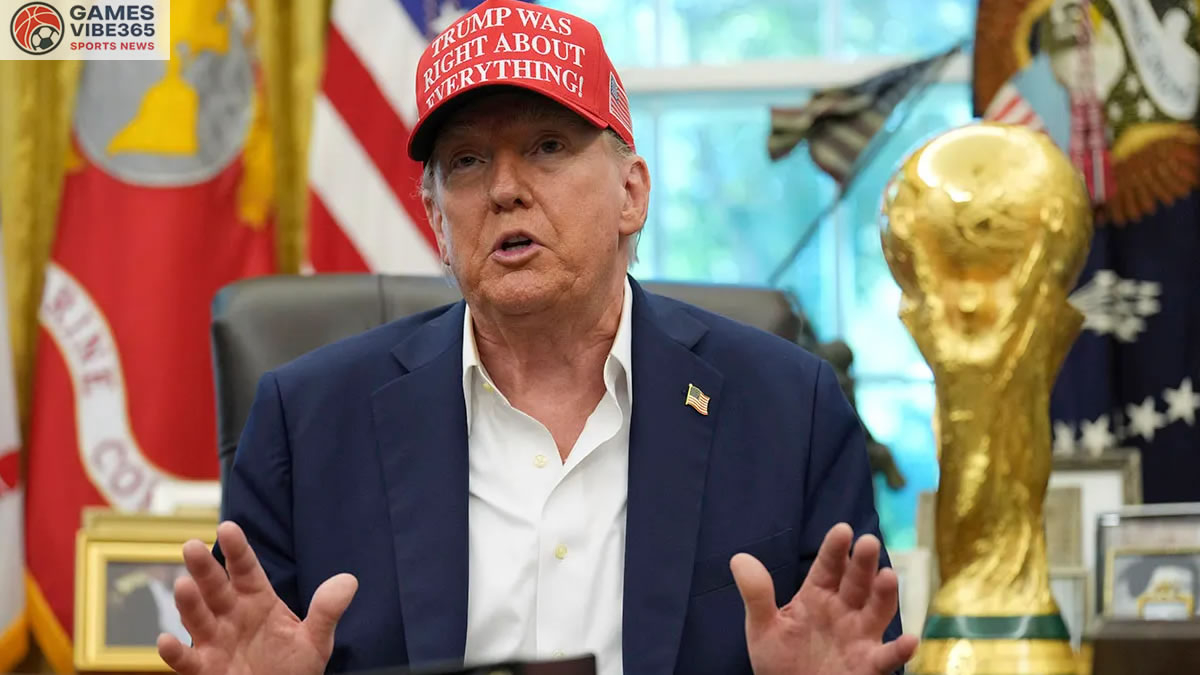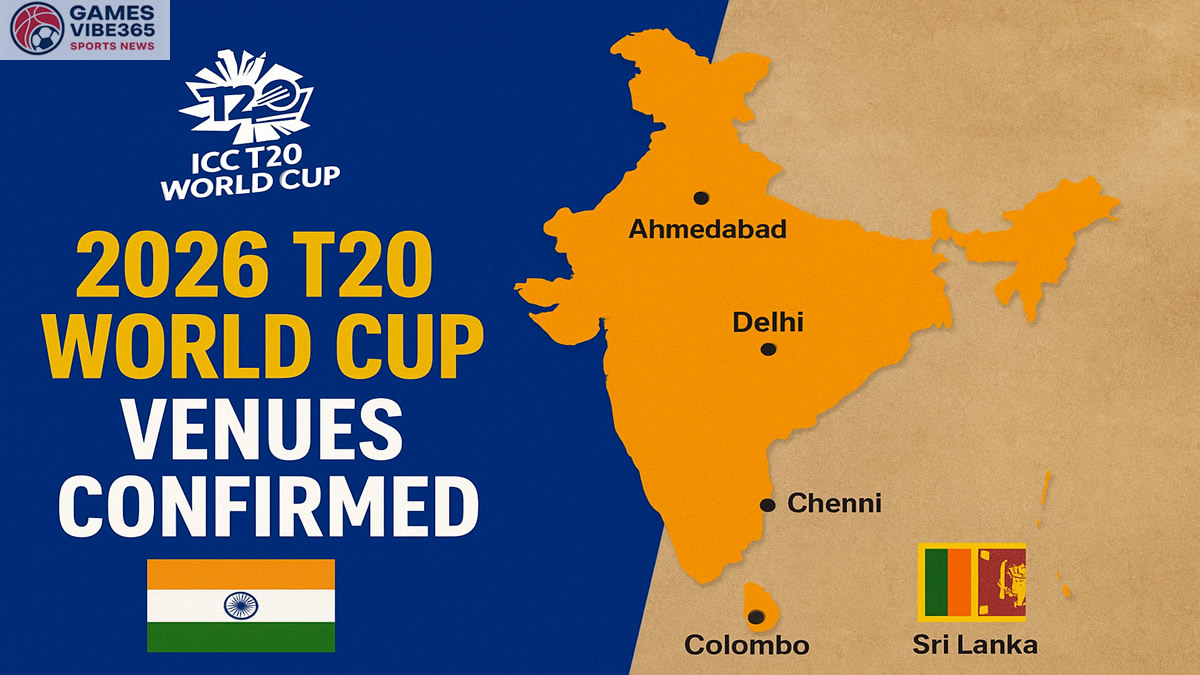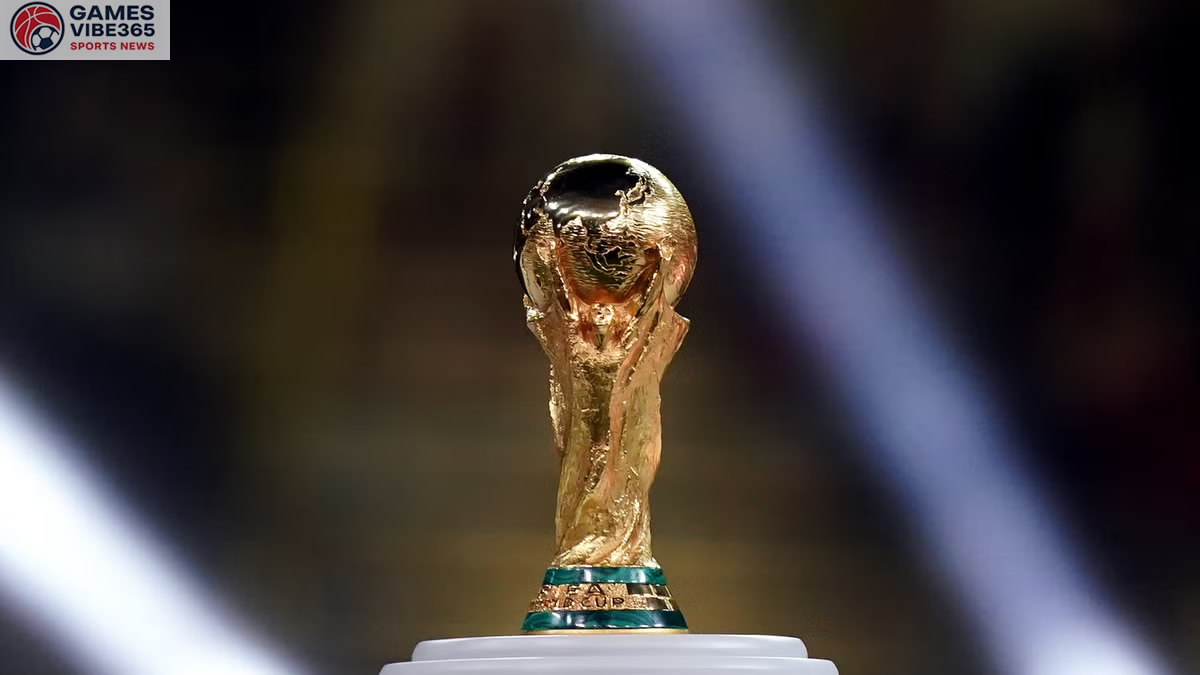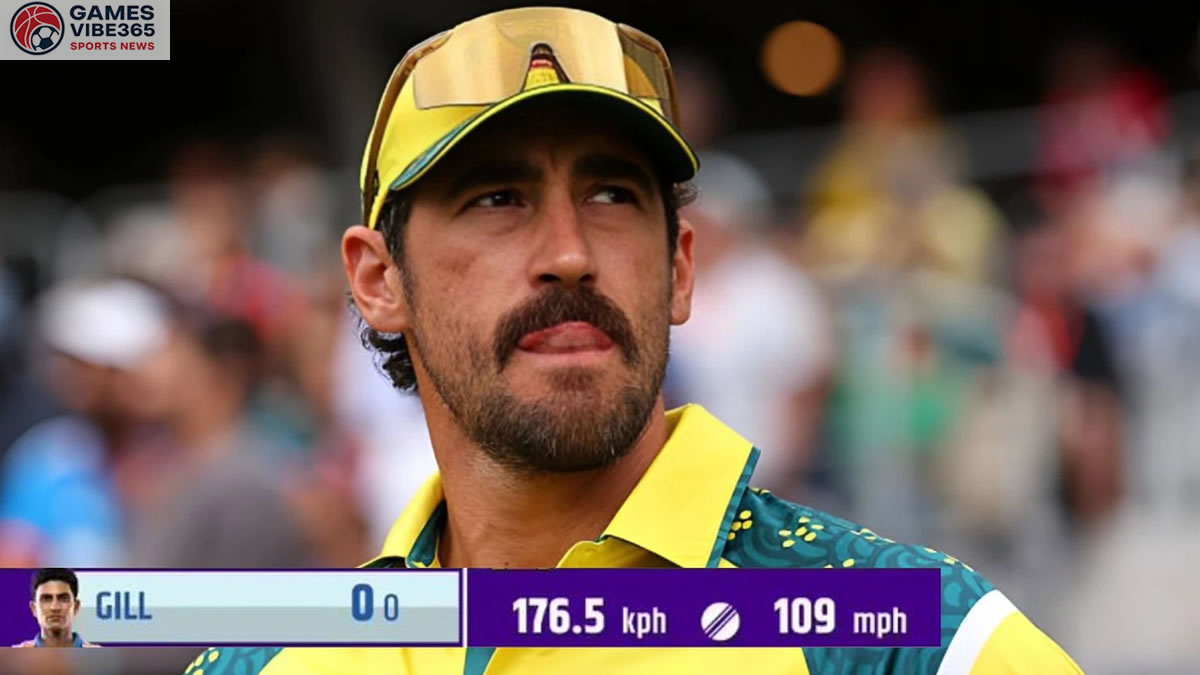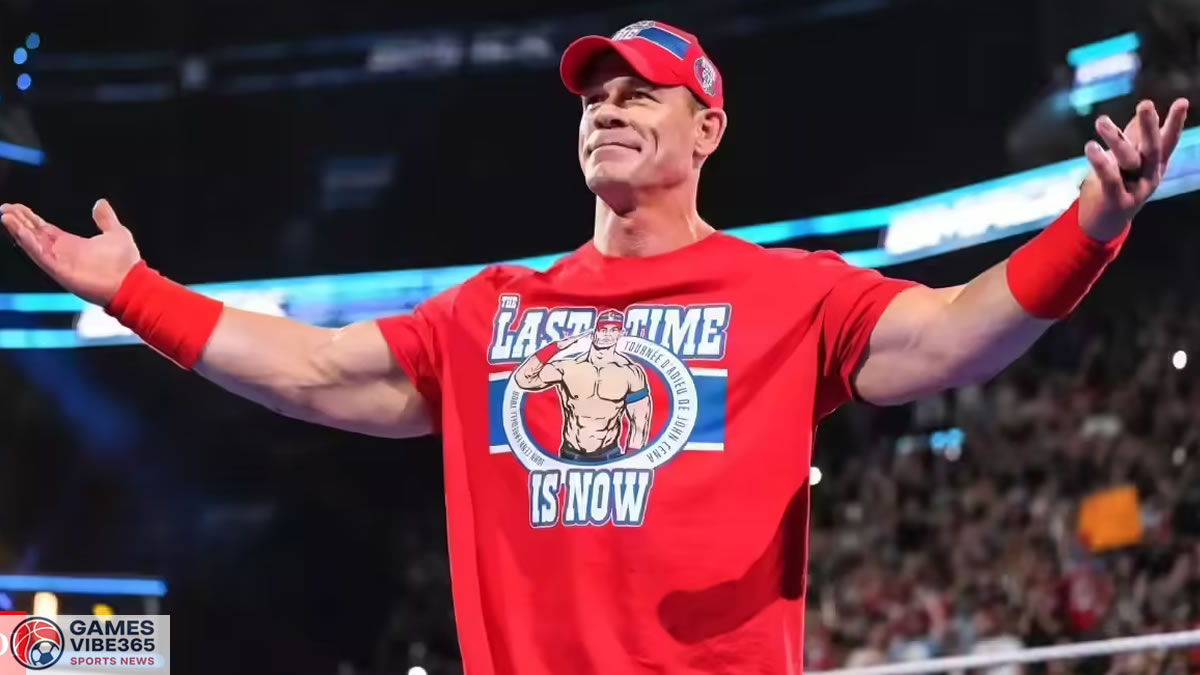FIFA World Cup 2026: United States President Donald Trump has ignited a heated discussion after suggesting that certain host cities for the FIFA World Cup 2026 could lose their matches if he considers them unsafe. The comments, which surfaced during an Oval Office press briefing, have rattled local officials, event organisers, and legal analysts just as preparations for the world’s biggest sporting event enter a critical stage.
The 2026 World Cup: A Historic Tournament
The upcoming World Cup, set to begin on 11 June 2026, will be the largest in history. For the first time, 48 nations will compete across three countries: the United States, Canada, and Mexico. The U.S. is scheduled to host 78 out of the 104 matches, including the much-anticipated final.
FIFA has already confirmed 11 American cities as hosts after years of bidding wars and infrastructure planning. These include:
- Atlanta
- Boston
- Dallas
- Houston
- Kansas City
- Los Angeles
- Miami
- New York-New Jersey
- Philadelphia
- San Francisco
- Seattle
Each of these cities has invested heavily in security upgrades, stadium renovations, and hospitality preparations, making them central to FIFA’s vision of a North American World Cup.
Trump’s Remarks on Safety
When asked about crime and immigration issues in cities led by Democratic administrations specifically Seattle and San Francisco Trump did not rule out the possibility of moving matches elsewhere.
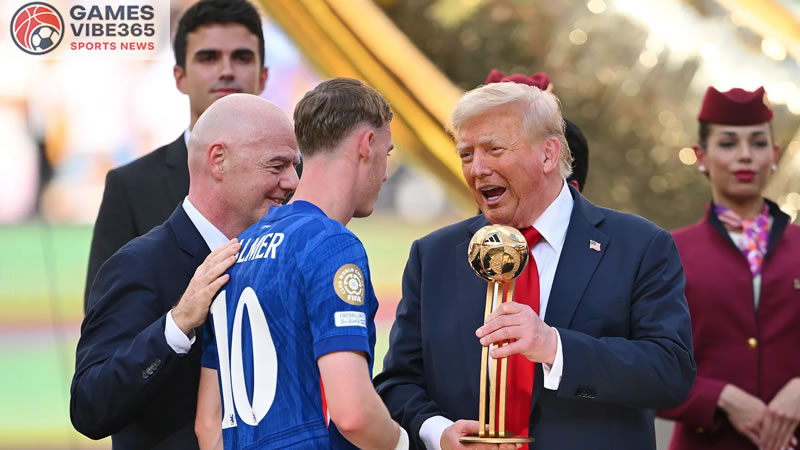
“If I think it isn’t safe, we’ll move it into a different city,” he told reporters. “If any city we think is going to be even a little bit dangerous for the World Cup, we won’t allow it. We’ll move it around a little bit.”
According to The Athletic, Trump initially sidestepped the idea when asked whether matches could be shifted if cities resisted his immigration or policing policies. But he eventually leaned into the possibility, spending several minutes criticising Democratic leaders and linking their policies to safety concerns.
Does Trump Actually Have That Power?
Legal experts say the short answer is no. FIFA, not the U.S. government, owns and governs the World Cup. Host city agreements were signed years ago, making them legally binding. Nathan O’Malley, a lawyer specialising in global sports law, explained to The Athletic that “the federal government is not a direct party to these agreements,” meaning Trump cannot unilaterally alter them.
At most, the White House could attempt to apply indirect pressure. For instance:
- The U.S. federal government recently allocated $625 million in security funding to World Cup host cities. Distribution of these resources could potentially be politicised.
- Federal agencies, including Homeland Security and the FBI, will be deeply involved in security operations, giving Washington some leverage over how assistance is provided.
However, the notion of pulling matches from established host cities where ticket sales, sponsorships, and hospitality packages have already been assigned is seen by many as logistically unrealistic.
Cities Push Back
Reactions from city officials were swift and sharp. Seattle Mayor Bruce Harrell dismissed Trump’s remarks as a sign of “ignorance,” pointing out that violent crime in the city has declined by 20 percent.
“We’re working every day to make the World Cup a safe, welcoming, and fun experience,” Harrell stressed, while Seattle’s local organising committee reiterated its coordination with FIFA and law enforcement agencies.
Boston’s Mayor Michelle Wu also hit back in a press briefing, declaring the city was “very excited” to welcome the tournament.
“You are wrong on the law and you are wrong on safety. Most of all, you are wrong on cities,” Wu said.
Officials from New York-New Jersey, Philadelphia, and Kansas City echoed similar reassurances, confirming their readiness to host safely and effectively.
The Reality of Moving Matches
From a practical standpoint, shifting games at this stage appears nearly impossible:
- Stadium upgrades have already been completed or are nearing completion.
- Ticketing and hospitality packages are tied to specific stadiums and locations.
- Logistics and travel plans for teams, broadcasters, and fans have been in place for years.
FIFA insiders have privately confirmed that no games will be relocated. The organisation’s long-term contracts, combined with the immense complexity of global event planning, make such changes unfeasible.
What’s Really at Stake?
While Trump’s remarks may not translate into actual policy, they underscore how politics can intersect with global sports. For FIFA, maintaining neutrality and avoiding political entanglements has always been a challenge. The World Cup is not just a tournament; it is a $11 billion commercial venture, a geopolitical stage, and a showcase for host nations.
By casting doubt on safety in certain cities, Trump is amplifying public debate at a time when organisers want to project confidence and unity. His comments could also affect international perceptions, particularly among fans and visitors considering whether to travel to the U.S. in 2026.
Looking Ahead
Despite the political noise, preparations for the World Cup are moving forward at full speed. The final draw for the tournament is scheduled to take place on 5 December 2025 at the Kennedy Center in Washington, D.C. a symbolic moment that will confirm the match schedule and generate global attention.
Local organisers remain focused on delivering a safe, seamless, and celebratory experience for the millions of fans expected to attend. As of now, FIFA’s message to host cities and fans alike is clear: the games are not moving.
Conclusion
Trump’s comments may have stirred controversy, but the legal and logistical realities make relocating matches highly improbable. The U.S., Canada, and Mexico are poised to deliver the biggest World Cup in history, one that FIFA hopes will be remembered for footballing drama on the pitch rather than political battles off it.
What remains to be seen is whether this political rhetoric fades away. Continues to cast a shadow over preparations for what promises to be an unforgettable summer of football in 2026.
Also Read: Trump Claims He could Relocate FIFA World Cup 2026 Venues

